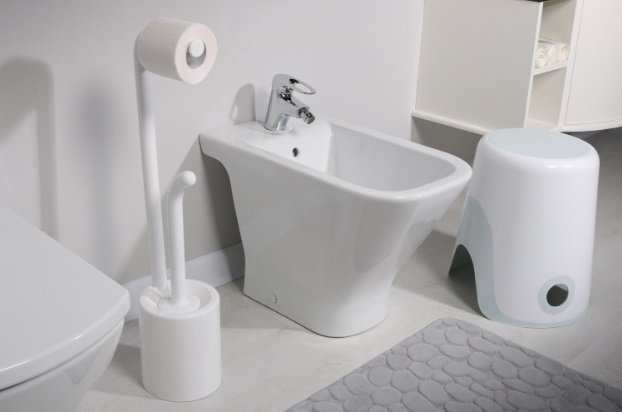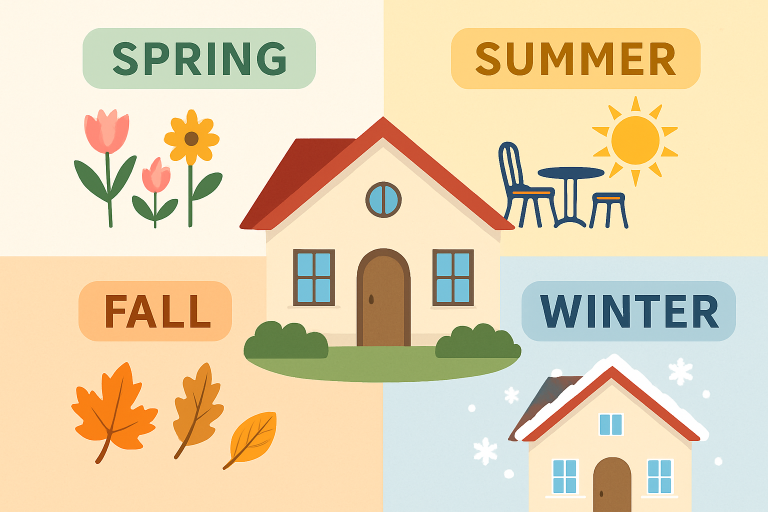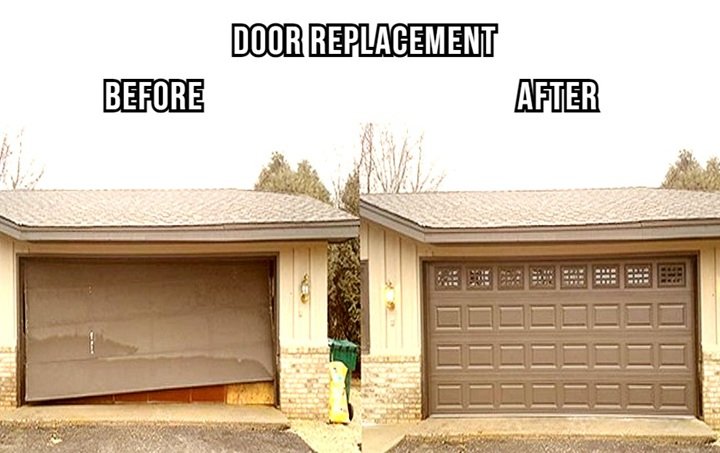Upgrading to water saving fixtures might seem like an expensive project at first, but it can save you money in the long run while benefiting the environment. For homeowners in Denver, where water conservation is especially important due to the area’s dry climate, choosing efficient water fixtures is a wise decision.
Water saving fixtures not only help reduce your water bill but also play an essential role in preserving the region’s limited water resources. But how do you know when it’s the right time to make the upgrade, there are several key factors to consider when making this decision.

Why Should You Consider Upgrading to Water Saving Fixtures
Water saving fixtures are designed to reduce the amount of water used in your home, from faucets and toilets to showerheads and dishwashers. These fixtures help you save water, lower your utility bills, and contribute to preserving precious water resources, which is especially important in areas like Denver where water conservation is essential.
Denver’s semi-arid climate makes it a place where water can be scarce. That’s why the city encourages residents to conserve water whenever possible. Installing water-efficient fixtures can help ensure you’re doing your part while also improving the overall efficiency of your home.
Right Time to Upgrade Your Fixtures
Exalting your home’s fixtures to water saving models is a wise decision, but there are specific times when it becomes even more essential. Whether you’re remodeling your home, replacing old and inefficient fixtures, or dealing with water restrictions due to drought or environmental concerns, these circumstances create the perfect opportunity to make the upgrade.
Here is the explanation of when it’s most beneficial to choose water saving fixtures for your home:
1. Home Upgrade
One of the best times to install water saving fixtures is when you’re already making upgrades to your home. If you’re remodeling your bathroom, kitchen, or laundry room, it’s the perfect opportunity to choose more efficient models. For instance, while replacing your old showerhead, consider upgrading to a low-flow showerhead that uses less water without sacrificing water pressure.
When you’re already making changes to the plumbing system, the cost to add water-saving fixtures can be minimal compared to doing it separately later on.
2. When Your Current Fixtures Are Not Working Efficiently
Old plumbing fixtures tend to waste more water. Older toilets, faucets, and showerheads often use more water than modern, water efficient models. If your fixtures are more than 10 years old, it may be time to upgrade. Older toilets use as much as 3 to 7 gallons of water per flush, whereas modern low flow toilets use as little as 1.28 gallons per flush.
3. During Drought or Water Restrictions
Denver experiences periods of drought, which can lead to water restrictions. During these times, the city may impose limits on water usage, which makes water saving fixtures even more important. By upgrading to low flow faucets, efficient dishwashers, and other water saving appliances, you can help ensure that you’re following any local restrictions while still keeping your home running smoothly.
If there are no water restrictions at the moment, consider upgrading to help reduce your overall water consumption and prepare for future droughts or restrictions.
4. When You Want to Save Money
One of the main reasons people upgrade to water saving fixtures is to save money on their water bills. Water efficient fixtures are designed to use less water while still offering good performance. Over time, the money saved from lower water bills can offset the cost of purchasing and installing these fixtures.
The savings can be even more significant in households with multiple members, where water usage can quickly add up.
How to find Plumbing Services
Upgrading to water saving fixtures is a great way to reduce your environmental footprint. In Denver, ensure proper installation by professionals to avoid leaks and future issues, maximizing efficiency and long term water savings. For a smooth experience, seek help from experienced Denver CO plumbers to get their expertise in installing water-efficient fixtures. These professionals can guide you in selecting the best products for your home and ensure precise fitment, guaranteeing optimal performance and peace of mind.
Studies show that 75% of homeowners search online for local plumbing companies before hiring. Additionally, 65% of homeowners prioritize hiring highly-rated professionals with good reviews, and 45% rely on recommendations from friends or family for trusted plumbers.

What Fixtures Should You Consider Upgrading?
When upgrading your home, consider focusing on fixtures like faucets, showerheads, light fixtures, cabinet hardware, and doorknobs. These small changes can significantly enhance your space’s style, functionality, and overall value, offering a cost effective way to refresh your home. Here are some of the key water saving fixtures you might want to consider for your Denver home.
Low Flow Toilets
Older toilets use a lot of water, with many models consuming around 3.5 to 7 gallons per flush. By upgrading to a low flow toilet, you can reduce that amount to as little as 1.28 gallons per flush. This simple upgrade can significantly reduce your water consumption and lower your utility bills.
Low Flow Showerheads
The average showerhead uses about 2.5 gallons of water per minute, but newer low flow models use only 1.8 gallons per minute or even less. Installing a water saving showerhead can help reduce your water consumption without sacrificing water pressure. This upgrade is an easy and affordable way to conserve water.
Faucet Aerators
Adding aerators to your bathroom and kitchen faucets can save water by reducing the flow rate while maintaining pressure. These inexpensive devices can cut down water usage by up to 50% without affecting performance. If you’re looking for a low-cost upgrade, faucet aerators are an excellent option.
Conclusion
Upgrading to water-saving fixtures in your Denver home is a smart decision that benefits both your wallet and the environment. Whether you’re renovating, replacing old fixtures, or looking to save money on your water bill, choosing efficient fixtures can help you achieve your goals.
Keep in mind that upgrading to water efficient appliances is not only about saving water but also about increasing your home’s value and improving its overall efficiency. So, when the time is right, don’t hesitate to make the switch and enjoy the benefits of a more sustainable home.



